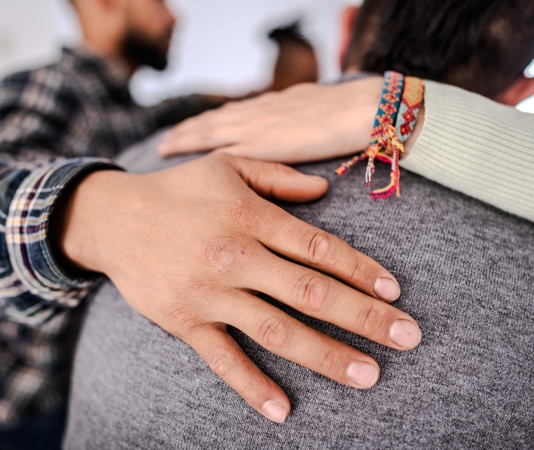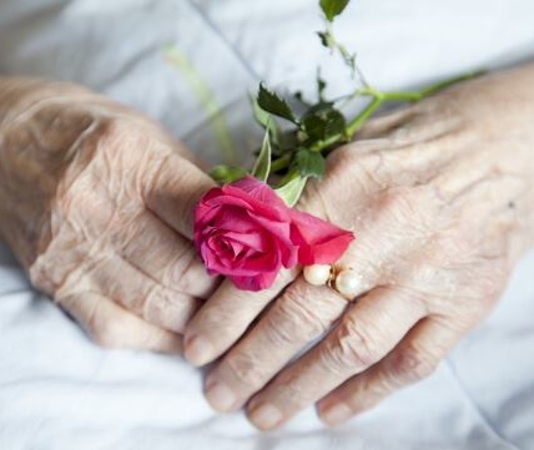In addition to the many roles that family caregivers take on, they also add worrier to the list. Experts agree that while this is typical, it is not doing anyone any good to feel guilty.
Barry J. Jacobs, PsyD, is the author of “The Emotional Survival Guide for Caregivers: Looking After Yourself and Your Family While Helping an Aging Parent.” He has encountered many caregivers who are stressed from the self-imposed guilt they are experiencing.
“There are many sources for caregiver guilt, but most of them come down to not meeting their own or others’ expectations of the care they will provide,” he said in an interview. “Part of this is due to the fact that most caregivers start with an unrealistic idea of what caregiving entails and therefore set the bar too high for themselves. When they eventually tire or feel overwhelmed, then they beat themselves up when they don’t meet those initial expectations.”
I’m OK, You’re OK
In order to avoid being a guilt-ridden caregiver—or to stop being one—Dr. Jacobs offers these tips:
- Caregivers need to learn about the course of their loved one’s condition in order to better understand how long he or she may potentially need care and of what type of care they need.
- Caregivers need to “define their commitments” within their limitations of time, resources and willingness.
- I tell caregivers that guilt is a cul-de-sac. It leads nowhere. It doesn’t make them a better caregiver, it only torments them.
- I recommend that they speak with other caregivers in similar situations in order to get a more realistic sense of what is practical and do-able.
- I normalize their negative feeling about caregiving. The majority of caregivers experience some stress and don’t particularly enjoy caregiving activities. I remind caregivers that there is a difference between hating caregiving and hating the care recipient.
We’re All in This Together
Dr. Jacobs, a member of the AARP Caregiving Advisory Panel, states that 1 in 5 caregivers say they are not stressed by caregiving, “the other 80% are.” And, “Most of them will experience some degree of guilt.”
Chances are that caregivers aren’t just feeling guilty about their caregiving abilities, but also other areas of their lives. As they devote more time to caring for an elderly parent or disabled sibling or child, they are doing less at work or spending less time with friends.
“It is common for caregivers to feel that they are spread so thin that they are not doing a good enough job with any of their responsibilities,” Dr. Jacobs said. “They feel constantly guilty.”
Hiring a professional caregiver to step in—even for just a few hours a week—can lead to more guilt, though it can also reduce stress and alleviate guilt in other areas of one’s life.
To get control of our guilt and stress from caregiving, check with your local Area Agency on Aging, the Alzheimer’s Association, or your local church for support groups for caregivers.





